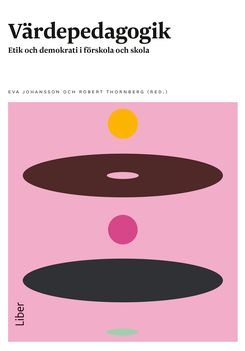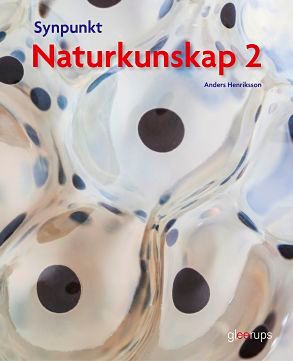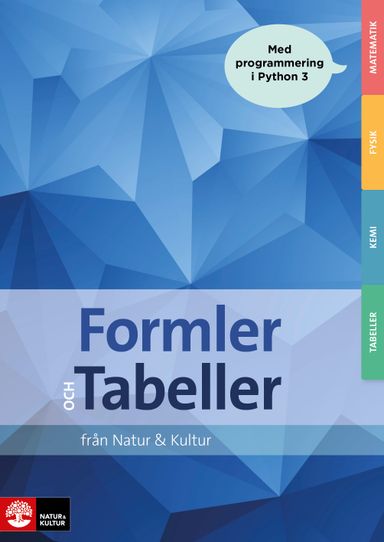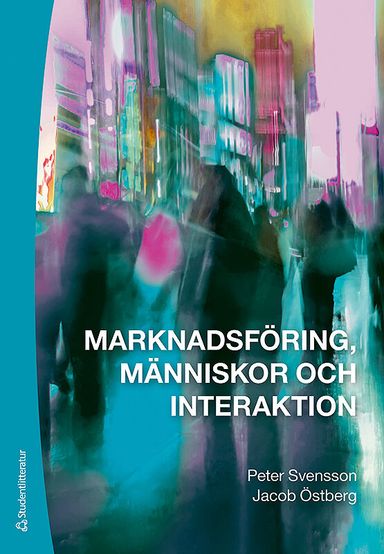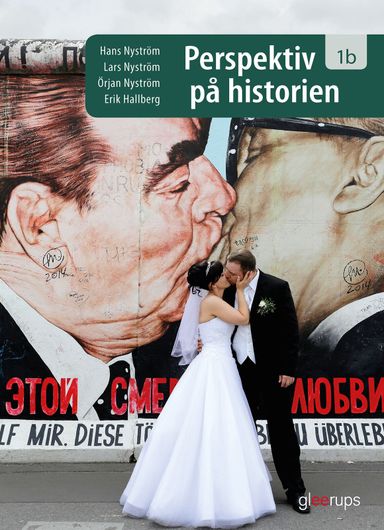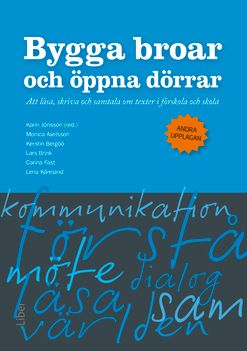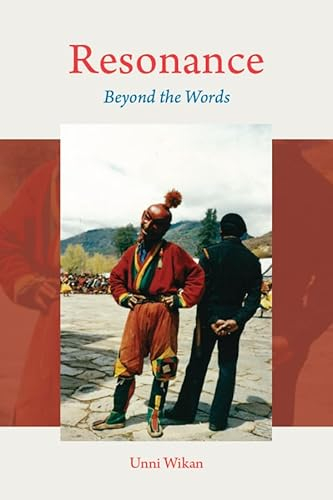

Resonance
- Utgiven: 2013
- ISBN: 9780226924465
- Sidor: 384 st
- Förlag: University of Chicago Press
- Format: Inbunden
- Språk: Engelska
Om boken
"Resonance" gathers together forty years of anthropological study by a researcher and writer with one of the broadest fieldwork resumes in anthropology: Unni Wikan. In its twelve essays - four of which are brand new - "Resonance" covers encounters with transvestites in Oman, childbirth in Bhutan, poverty in Cairo, and honor killings in Scandinavia, with visits to several other locales and subjects in between. Including a comprehensive preface and introduction that brings the whole work into focus, "Resonance" surveys an astonishing career of anthropological inquiry that demonstrates the possibility for a common humanity, a way of knowing others on their own terms. Deploying Clifford Geertz's concept of "experience-near" observations - and driven by an ambition to work beyond Geertz's own limitations - Wikan strives for an anthropology that sees, describes, and understands the human condition in the models and concepts of the people being observed. She highlights the fundamentals of an explicitly comparative, person-centered, and empathic approach to fieldwork, pushing anthropology to shift from the specialist discourses of academic experts to a grasp of what the Balinese call keneh - the heart, thought, and feeling of the real people of the world. By deploying this strategy across such a range of sites and communities, she provides a powerful argument that ever-deeper insight can be attained despite our differences.
Åtkomstkoder och digitalt tilläggsmaterial garanteras inte med begagnade böcker
Mer om Resonance (2013)
I januari 2013 släpptes boken Resonance skriven av Unni Wikan. Den är skriven på engelska och består av 384 sidor. Förlaget bakom boken är University of Chicago Press.
Köp boken Resonance på Studentapan och spara pengar.
Referera till Resonance
Harvard
Wikan, U. (2013). Resonance. University of Chicago Press.
Oxford
Wikan, Unni, Resonance (University of Chicago Press, 2013).
APA
Wikan, U. (2013). Resonance. University of Chicago Press.
Vancouver
Wikan U. Resonance. University of Chicago Press; 2013.


